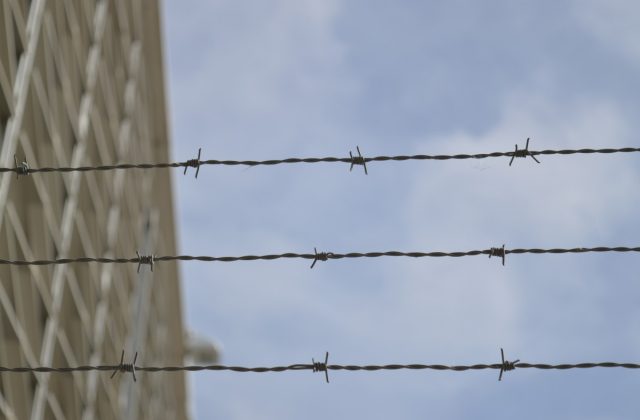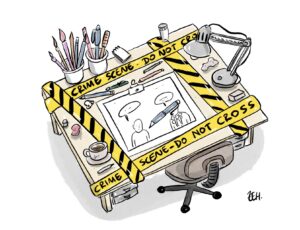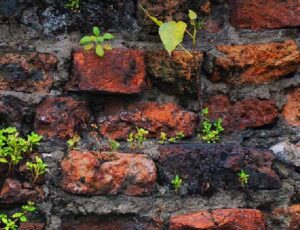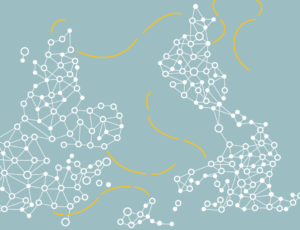
Academic Freedom: Culture wars, "islamo-leftism" and French academia
As an institute for advanced study, ‘an intellectual haven’, NIAS is deeply concerned about this. Therefore we embark on a series of conversations, with experts, directors, affected scholars or simply concerned citizens. What exactly is going on in these different contexts, and how can we best defend academic freedom, as scholars, and institutionally?
The first session will take place on Wednesday afternoon 14 April, from 15.30 to 17.00 CEST.
Jan Willem Duyvendak will moderate a discussion around the topic of academic freedom in France, where the French government is waging a culture war against “woke” social science theories that it says threaten France, and will launch an investigation into academic research that it says feeds ‘Islamo-leftist’ tendencies that ‘corrupt society.” Here’s a reading tip from Jan Willem, and Katell recommends this article “among other things for its sketch of the power issues at work at the moment between the French government and academia, and for the link it makes with ‘wokism’.” Didier Fassin, anthropologist at the IAS in Princeton, has offered his reflections in this op-ed: “Although history never repeats itself, witch hunts are never a good sign for democracy.”
With a 20-minute talk by Eric Fassin, professor of sociology at the University of Paris 8 St-Denis. His research focuses on contemporary sexual and racial politics in France and the United States, and their intersections (in particular, concerning immigration issues in Europe), in a comparative perspective. He is author of L’inversion de la question homosexuelle (2005), Droit conjugal et unions de même sexe: mariage, partenariat et concubinage dans neuf pays européens (with Kees Waaldijk, 2008) and Le sexe politique. Genre et sexualité au miroir transatlantique (2009).
Eric Fassin will discuss the actual situation for academics in France, the main threats, and what this implies for academic freedom and individual safety? Why and how does anti-Americanism plays such a prominent role in this? Who is exactly attacking who, including the question: which role play academics in attacking other academics…?
Followed by reflections by current fellows and historians of France Katell Lavéant and Jim House, offering historical perspectives on topics such as ‘Ecriture inclusive’ and the history of racism and anti-racism in France .
After 45 minutes of presentations, we open the floor for discussion.
If you are interested in this event, please register by sending an email and you will receive the zoom link.
-

-

NIAS Book Series 11 February 2026EventInstitutional Surveillance and the Struggle for Epistemic Diversity
-

-
